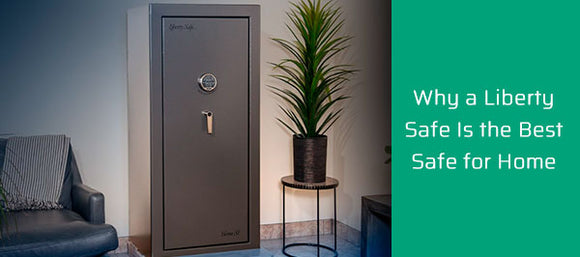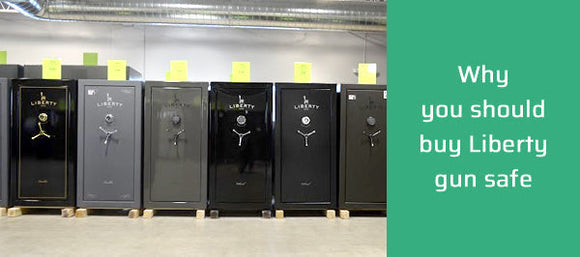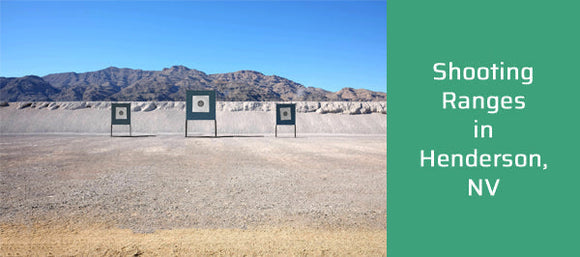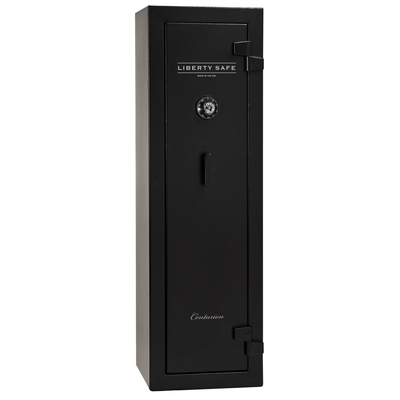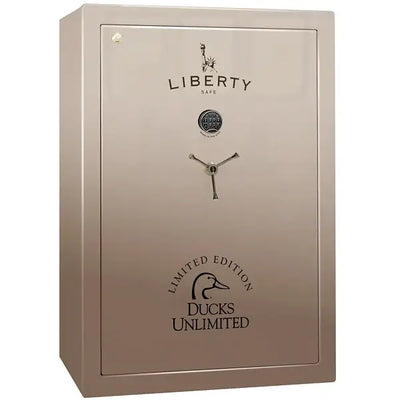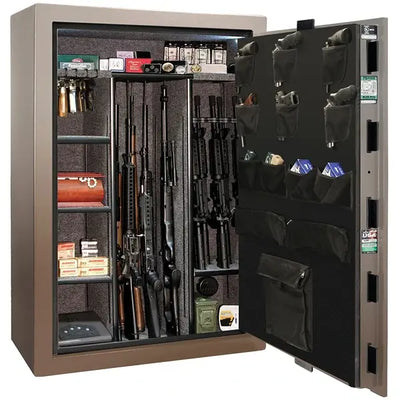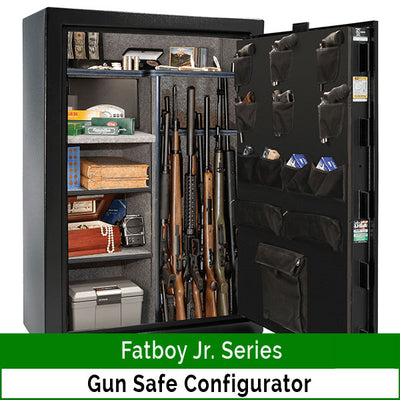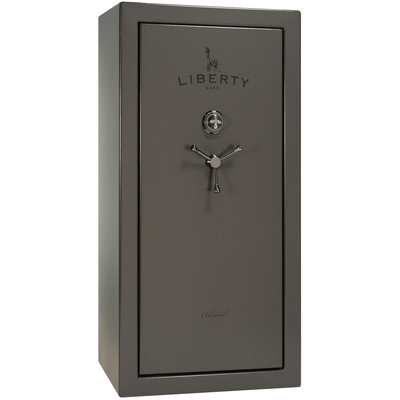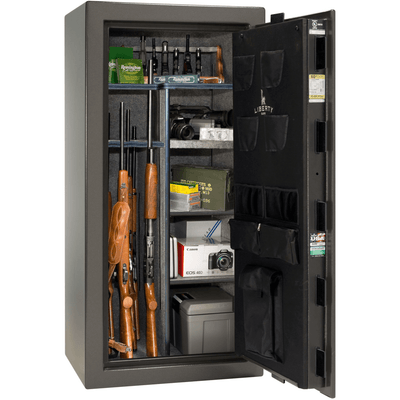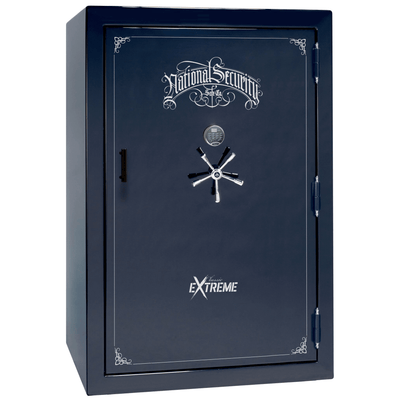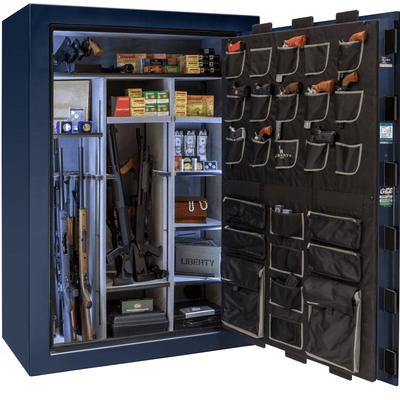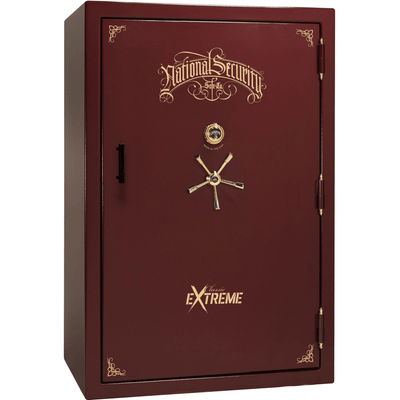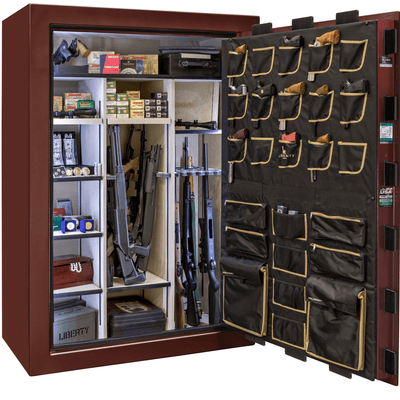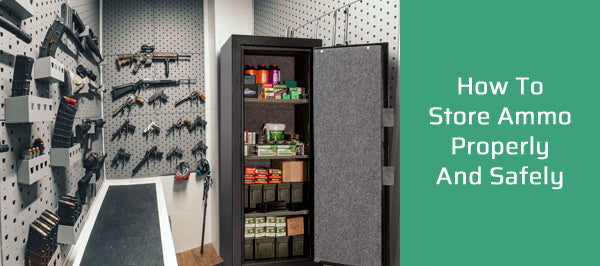
How To Store Ammo Properly And Safely
If you own a firearm, you probably also own some ammunition. Ammunition is an essential part of using and enjoying your firearm, whether for hunting, sport shooting, or self-defense. However, ammunition is also a valuable and potentially dangerous commodity that requires proper care and storage. We will explain how to store ammo properly and effectively, and why it is important to store your ammo safely. We will cover the following main points:
- Reasons to store ammo safely
- Points to consider when storing ammo
- Best places to store ammo safely
After reading, you will have a better understanding of how to protect your ammo from damage, deterioration, theft, and unauthorized access.
Reasons To Store Ammo Safely
There are several good reasons to store your ammo safely. The first one is to preserve the quality and value of your ammo. Ammunition is not cheap, and you don't want to waste your money on ammo that is corroded, damaged, or unreliable. Proper storage in a cool, dry place can prevent moisture, heat, and other environmental factors from ruining your ammo. This way, you can ensure that your ammo will perform well when you need it and last longer.
The second reason to store your ammo safely is to prevent accidents and injuries. Ammunition contains explosive materials that can pose a fire hazard or cause injury if mishandled or exposed to extreme conditions. You don't want your ammo to go off unintentionally or fall into the wrong hands. By storing your ammo securely and away from children, pets, and other unauthorized people, you can reduce the risk of accidental discharge, injury, or legal liability.
The third reason to store your ammo safely is to comply with local laws and regulations. Depending on where you live, there may be specific rules or limits on how much and where you can store your ammo. For example, some states or cities may require you to keep your ammo in a locked container or separate from your firearms. Some landlords or insurance companies may also have policies regarding ammo storage in your home or apartment. By following the local laws and regulations, you can avoid fines, penalties, or legal troubles.
Points To Consider When Storing Ammo
When storing your ammo, there are several key factors that you need to consider. These include:
Humidity: Humidity is the enemy of ammo. Moisture in the air or direct water exposure can cause corrosion, rust, or damage to your ammo. Corroded or damaged ammo can be unsafe or ineffective to use. To prevent humidity damage, you should store your ammo in airtight containers or bags and keep them in a dry place. You can also use desiccant packets or silica gel to absorb any moisture inside the containers.
Temperature: Temperature is another factor that can affect your ammo. High temperatures or frequent temperature changes can degrade the gunpowder and primers inside your ammo and cause them to lose potency or reliability. Extreme heat can also create pressure inside the cartridges and cause them to rupture or explode. To prevent temperature damage, you should store your ammo in a cool and stable place and avoid exposing them to direct sunlight or heat sources.
Fire resistance: Fire resistance is another factor that you may want to consider when storing your ammo. Although ammunition is not likely to cause serious harm if burned in a fire, it can still be destroyed or damaged by the flames and heat. If you want to protect your valuable ammo from fire loss, you may want to store them in a fire-resistant safe, vault, or other fireproof storage area.
Container type: Container type is another factor that you need to consider when storing your ammo. You want to choose a container that is durable, waterproof, and easy to organize and access. Some common types of containers for ammo storage are metal or plastic ammo cans, plastic food-storage buckets, Tupperware-type containers, or gallon zip-top bags. You can also use the original factory packaging for your ammo as long as it is sealed and protected from moisture.
Labeling: Labeling is another factor that you need to consider when storing your ammo. You want to label your containers clearly and accurately so that you can identify the type, caliber, bullet weight, and other information of your ammo. This will help you avoid confusion or mixing up different types of ammo that may not be compatible with your firearm. You can use the labels from the factory packaging or write your own labels with a permanent marker.
Shelf life: Shelf life is another factor that you need to consider when storing your ammo. Although modern ammunition can last for decades if stored properly, it can still deteriorate over time due to chemical reactions or off-gassing inside the cartridges. You should check your stored ammo periodically for any signs of corrosion, damage, discoloration, or odor. If you find any of these signs, you should dispose of the affected ammo safely and replace it with fresh ammo.
Best Places To Store Ammo Safely
When choosing a place to store your ammo safely, you need to consider the factors mentioned above as well as your personal preferences and needs. Some of the best places to store your ammo safely are:
Safes
Safes are one of the best places to store your ammo safely. They offer security, fire resistance, and environmental protection for your ammo. You can choose a safe that is specifically designed for ammo storage or use a regular gun safe or home safe. You can also use a separate safe for your ammo and your firearms if you want to keep them apart. Safes come in different sizes, shapes, colors, and features to suit your needs and preferences. The best way to store ammo in our opinion may be Liberty Ammo Can.
Ammo Can Alternatives
While military-style ammo cans are excellent, they aren't the only option. Airtight containers like Tupperware, plastic food-storage buckets, and even heavy-duty zip-top bags can be effective, especially when combined with desiccant packs.
Vaults
Vaults are another good place to store your ammo safely. They are similar to safes but usually larger and more secure. They can also offer more space and organization for your ammo. You can use a vault room or a vault door to create a secure storage area for your ammo in your home or basement. Vaults can also be customized and equipped with shelves, racks, lights, and other accessories to enhance your storage experience.
Closets
Closets are another option for storing your ammo safely. They are convenient, discreet, and easy to access. You can use a closet in your bedroom, living room, or basement to store your ammo in containers or bags. You can also use a lock or a security device to secure your closet door if you want to prevent unauthorized access. However, you need to make sure that your closet is dry, cool, and well-ventilated to prevent humidity and temperature damage to your ammo.
Basements
Basements are another option for storing your ammo safely. They are usually cool, dark, and spacious, which can be ideal for long-term ammo storage. You can use a basement corner or a basement shelf to store your ammo in containers or bags. You can also use a dehumidifier or a fan to control the humidity and air circulation in your basement. However, you need to watch out for flooding, leaks, or pests that may damage your ammo.
In Summary
Storing your ammo safely is an important part of being a responsible firearm owner. By following mentioned tips and recommendations, you can protect your ammo from damage, deterioration, theft, and unauthorized access. You can also ensure that your ammo will perform well when you need it and last longer.
Don't let your valuable and potentially dangerous ammo go to waste or fall into the wrong hands. Store your ammo safely today with our help!
Written by




